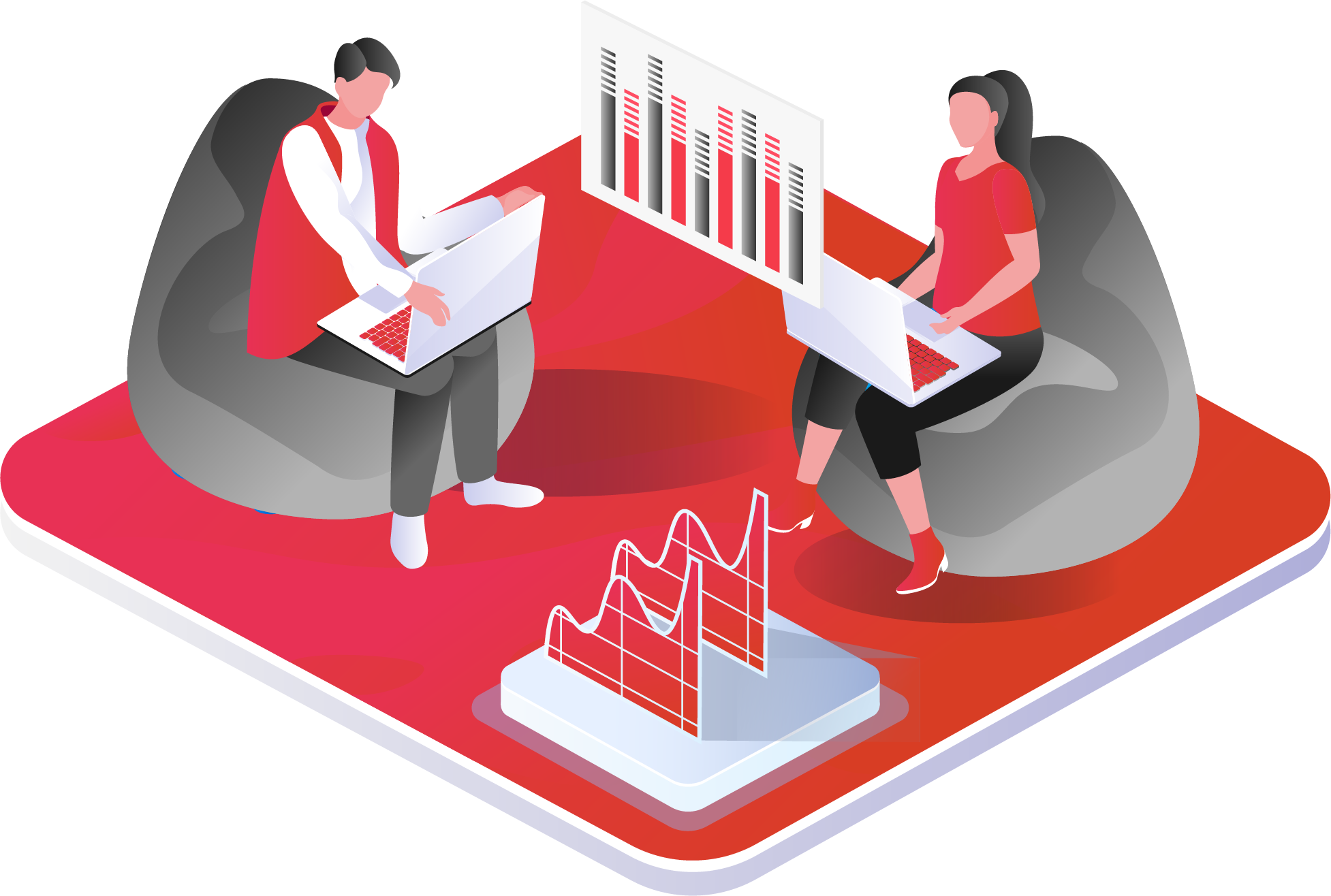DKI Jakarta Province is the province with the highest number of positive COVID-19 cases in Indonesia. Although it is recognized that the COVID-19 virus can infect anyone, some groups of people have a higher level of risk for exposure. The level of social vulnerability of the community has been widely carried out through the social vulnerability index. Regional social vulnerability describes the social fragility of an area due to the influence of a hazard. Social vulnerability factors are crucial in the midst of the COVID-19 pandemic. This is because the combination of these social vulnerability factors can increase the risk of getting COVID-19.
This 3-day online workshop is a beginner-friendly introduction to Factor and Cluster analysis to find out social vulnerabilities due to Covid-19. By forming a social vulnerability analysis per sub-district in DKI Jakarta, you will have more information regarding which areas are more vulnerable and also information about the more dominant factors in every sub-district. So that risk management planning with development programs can be more appropriate and optimal.
Throughout the online course, we will provide participants with a rich interactive experience. One Instructor and two Teaching Assistants will help participants to troubleshoot or help with any difficulties encountered by participants.
NOTE: This workshop will be delivered in Bahasa Indonesia.





